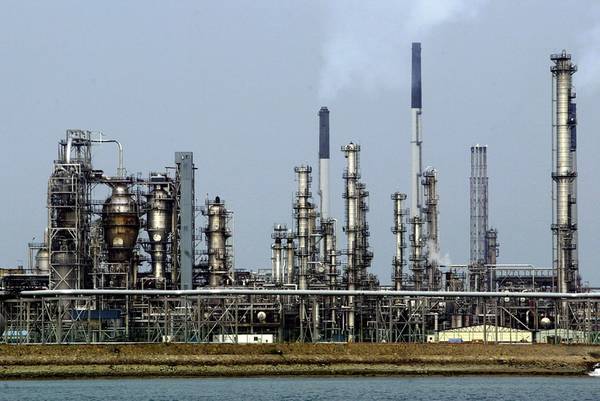
Equinor, Shell, TotalEnergies, Gassco and DNV announced the kick-off of a new JIP to develop low-pressure solutions for the transportation of CO2 by ships. The CETO (CO2 Efficient Transport via Ocean) JIP will carry out the technology qualification of a low-pressure ship design and identify solutions to scale CO2 transportation volume, while reducing the associated risks, to support the development of opportunities in CCS. CETO is funded by the project partners and GASSNOVA through the CLIMIT program and is expected to be completed in 2023.
Carbon capture and storage (CCS) will be a key technology if the world is to meet the goals of the Paris and Glasgow agreements. Although the technologies and the industry are very much still emerging, a possible challenge is connecting capture sources to facilities for use or storage sites, especially where pipelines are not an option. As a result, CO2 transport ship technology will be needed if large quantities are to be safely transported at costs that are commercially viable. Today, most transport of CO2 via ship takes place at small scale and at medium pressure (15 bar at -28ºC), limiting the possibilities of scaling up to meet future growth in CCS.
To transport CO2 safely and efficiently at industrial scale by ship, low pressure transport systems (approx. 7 bar at -49ºC) are a potential solution, as this enables much larger tank volumes, cargo capacities and therefore reduced transportation costs. However, the industry currently has little practical experience with the transport of liquid CO2 (LCO2) under these conditions.
The JIP looks to build experience in low pressure transport and fill a vital knowledge gap, by examining the fundamentals of a low-pressure CO2 transport chain, including: